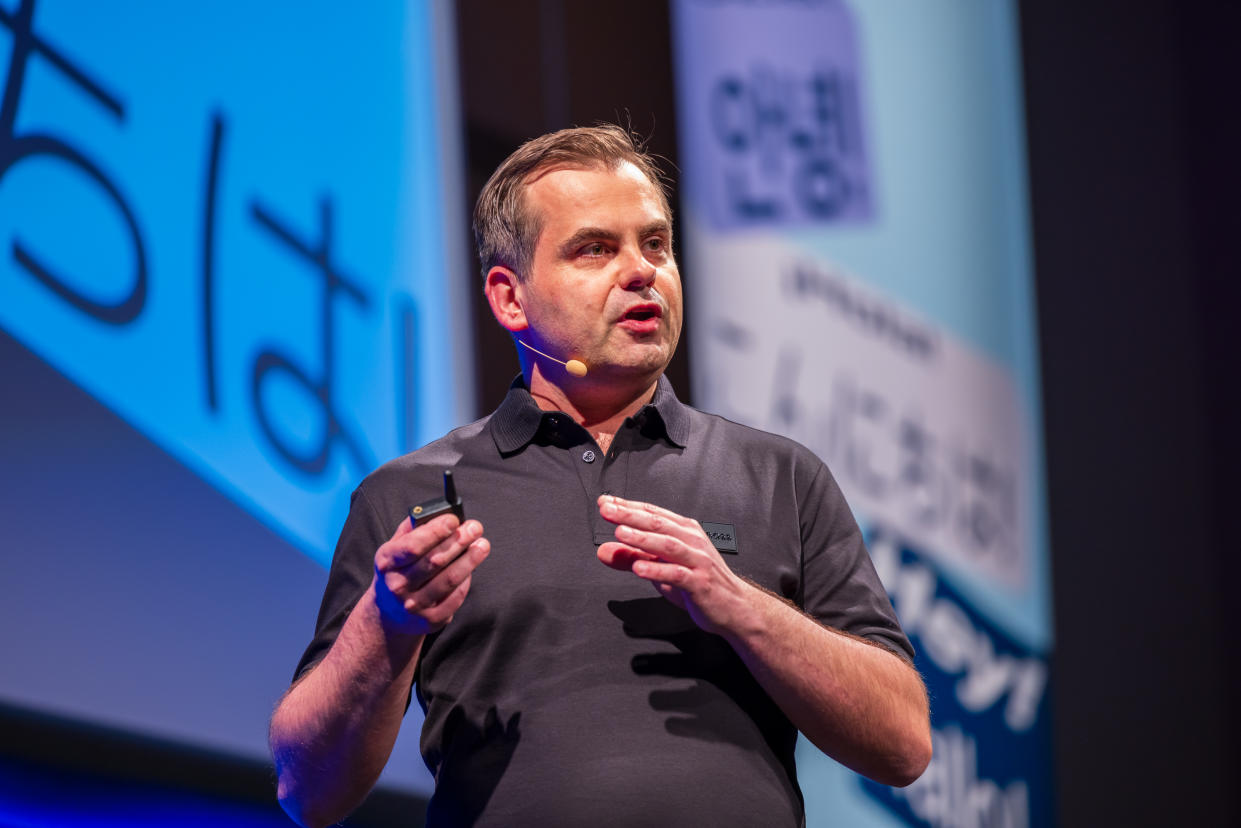AI language translation startup DeepL nabs $300M on a $2B valuation to focus on B2B growth

More funding is being poured into startups focused on AI. DeepL, which builds automated text translation and writing tools that compete against the likes of Google Translate and Grammarly, said on Wednesday that it has raised an additional $300 million. It is now valued at $2 billion, post-money.
This round, led by Index Ventures, underscores the frenetic interest that investors have in AI startups at the moment and how companies are capitalizing on that opportunity while they can. DeepL, which is still not profitable, was valued at $1 billion in January 2023, when it raised just over $100 million.
The new money will be used to drive more sales and marketing, as well as further research and development.
The company, based in Cologne, Germany, said it has more than 100,000 businesses and organizations using its tools. Given that this is just a tiny percentage of the company’s addressable market, the aim is to try to scale that significantly.
CEO and founder Jarek Kutylowski told TechCrunch in an interview earlier this month that the company has largely grown organically so far, and it was looking to ramp up sales and marketing efforts to add more customers and expand what it does with those it already has.
That highlights a key issue for AI companies targeting other businesses: Although many executives are pressing their teams to come up with strategies for how AI can be used in their organizations, many projects have failed to progress beyond the pilot or small deployment phase. Ramping that up will be of prime importance to AI tech vendors.
“Inbound is great, but we want to develop a stronger relationship with our customers,” he said. “We're working hard on developing a better outbound function, because inbound is only going to get you so far. At some point, you have to start solving the problems together with your customers. The company's transforming quite a bit into this enterprise direction, which is complicated and interesting for a research based company.”
Kutylowski said that about 60% of the company’s staff are technologists at the moment, and it will be hiring more non-technical personnel going forward. Indeed, balancing that with a focus on research will be one of DeepL's big challenges.
The startup supports 32 different languages at the moment, and it has been expanding its product portfolio steadily. The latest addition to the list is one very much focused on enterprises: DeepL Write Pro is described as “a writing assistant specifically tailored for business.” Customers signing up for DeepL's tools include Zendesk, Nikkei, Coursera and Deutsche Bahn, it said.
“Companies want to have control over how their employees speak, right?” Kutylowski said.
However, DeepL faces potentially strong competition from a wide swath of companies: Some specialize in the same area, and platform companies like Google, Amazon and Microsoft already have operations in areas like translation and are looking to enhance them further with AI.
Some of the newer, foundational AI companies like OpenAI or Anthropic have not made headway into the same space as DeepL yet, but there is an obvious opportunity for them, too. Some of these companies might not be focusing on translation and writing improvements right now, but making AI feel more seamless and “human” will continue to be a priority, so DeepL cannot rest on what it claims to be its leading position today.
ICONIQ Growth, Teachers' Venture Growth, and previous backers IVP, Atomico and WiL also participated in the round.
"DeepL's runaway success is a bit of an 'open secret' in the business community," said Danny Rimer of Index Ventures in a statement. "The company is exceptionally thoughtful about creating cutting-edge AI products that deliver real and immediate value to their customers."


